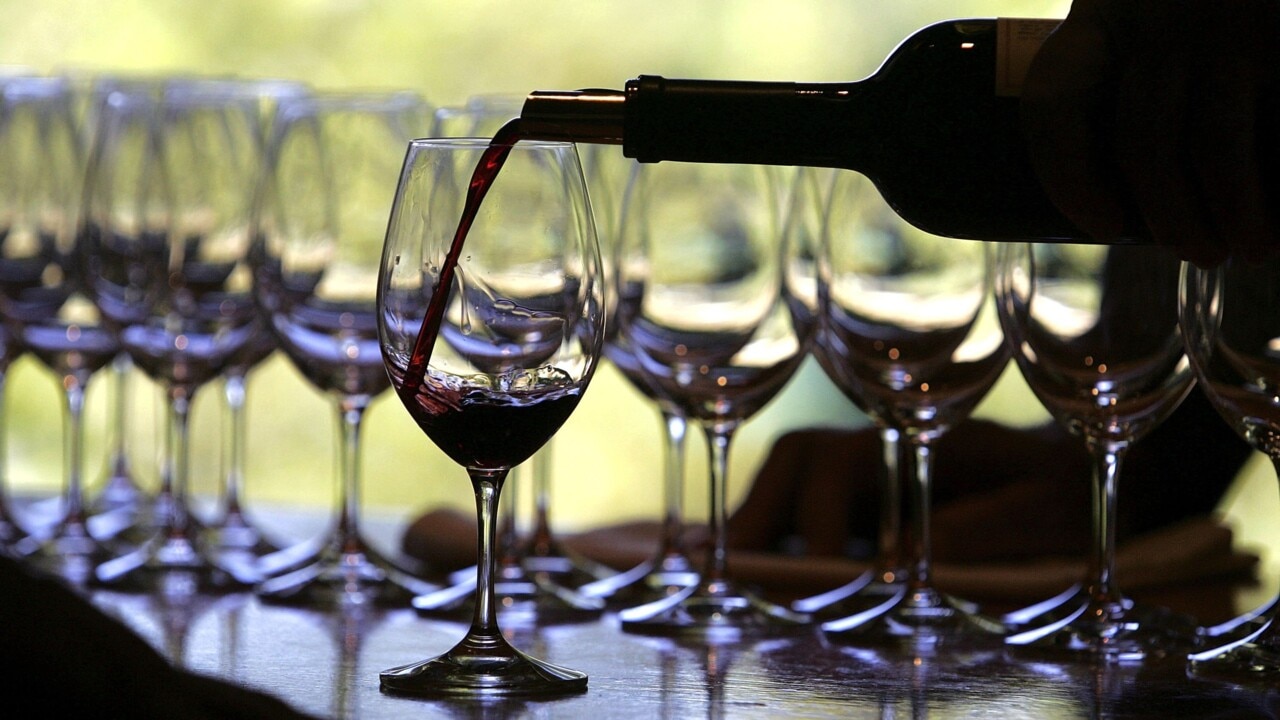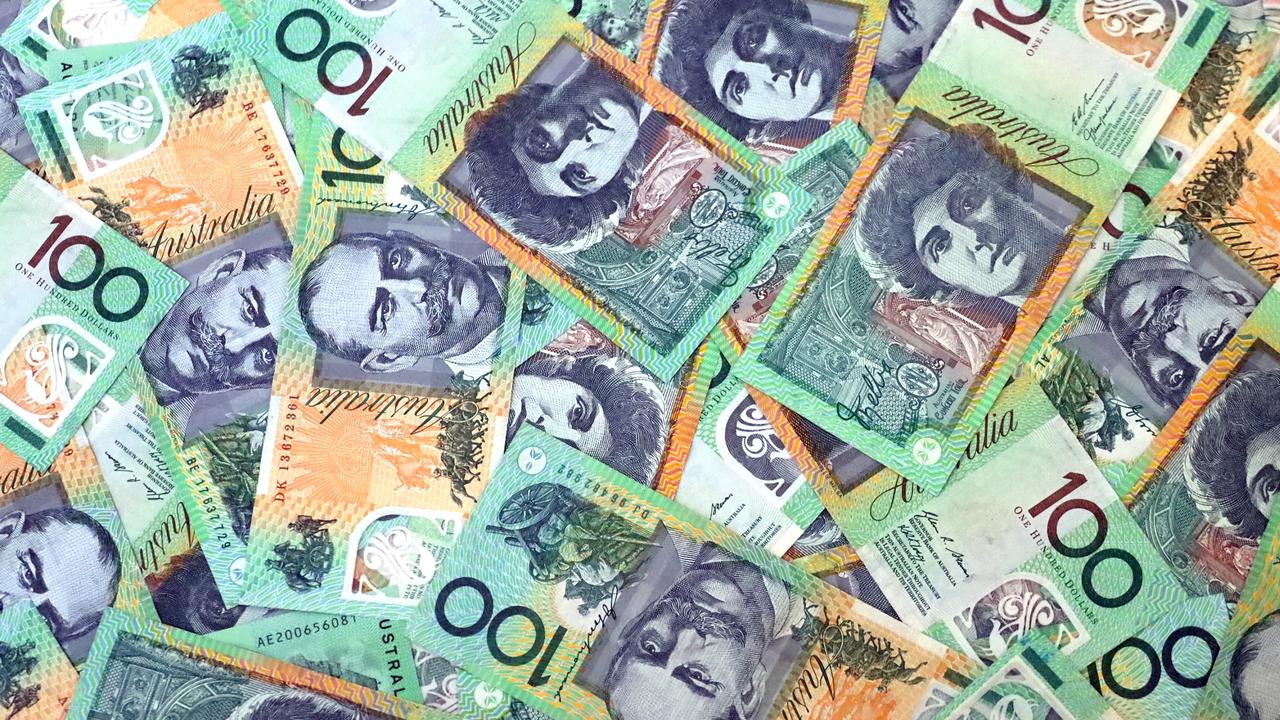China hits Australian wine industry
China has released the findings into its investigation of a key Australian industry and resolved to hit it with a crushing new penalty.

China’s move to slap tariffs on Australian wine makers after an anti-dumping investigation will kill off the industry, Trade Minister Simon Birmingham has warned.
The massive blow for Australian businesses comes after China’s Commerce Ministry accused them of flooding it with cheap wine, in an effort to skew the market.
Temporary duties ranging from 107.1 per cent to 212.1 per cent will be implemented on Australian wine imports in 2L containers or less from Saturday.
Senator Birmingham said the tax would likely see Chinese consumers turn away from Australia’s high-quality wine because they will be unable to afford the price hikes.
“They will have the effect of rendering largely unmarketable, unviable to the China wine industry or the Chinese wine market for Australian producers,” Senator Birmingham said.
“This is a very distressing time for many hundreds of Australian wine producers, who have built in good faith a sound market in China.”
More than a third of Australian wine worth $1.07 billion was exported to China in 2019-20 making it the top trading partner for the winemakers.
Preliminary findings from the anti-dumping investigation launched in August showed there was a “causal relationship between dumping and material damage”.
“There is dumping of imported wines originating in Australia, and the relevant domestic wine industry in China has been substantive,” the Chinese ministry said in a statement.
The Morrison government and industry, which have repeatedly refuted the dumping allegations, will hold an emergency meeting on Friday afternoon to discuss the 10-day appeal process.
Agriculture Minister David Littleproud said it was a seriously concerning development that Australia would fight against.
“The Australian government categorically rejects any allegation that our wine producers are dumping product into China, and we continue to believe there is no basis or any evidence for these claims,” he said.
“The fact is Australia produces among the least subsidised product in the world and provides the second lowest level of farm subsidies in the OECD.
“It gives the perception this decision is predicated on that rather than any wrongdoing by the wine industry.”
Beijing authorities have slapped trade sanctions on several industries during the past year.
A document containing 14 grievances China has with Australia also leaked this month following customs issues with Aussie goods including seafood, timber and coal.
The list included Australia’s push for an independent investigation into the origins of coronavirus, interference in China’s affairs with Taiwan, Hong Kong and Xinjiang, and issues in the South China Sea.
Australian ministers have also been unable to get their Chinese counterparts on the phone despite the ongoing trade disputes.
Mr Littleproud said they have asked for assurances from authorities in Beijing and would exhaust all avenues available through the World Trade Organisation.
“We respect the process, we expect to be respected in return,” he said, adding the government was working to shore up other markets for winemakers.
The industry’s peak body denied the claims from the Chinese government and said the scale of the tariffs will force Australian producers to consider alternative export markets.
“These are preliminary tariffs, and both the anti-dumping and countervailing duties investigations are ongoing” Australian Grape and Wine chief executive Tony Battaglene said.
“We continue to stand firm that Australian exporters are not dumping wines in the Chinese market, nor have they received subsidies that have had a negative impact on the Chinese wine industry.”
Retribution in the form of tariffs is incompatible with Australia’s Free Trade Agreement with China and the rules-based trading system.
The move will also increase the risk for businesses and countries around the world to trade with China.
In May, China threatened to boycott Australian beef, wine and international student markets.
By mid-August it had announced imported wines in 2L containers or less were subject to anti-dumping investigations for the period of January 1 to December 31, 2019.
Authorities were also investigating the industrial damage of wines imported during 2015, 2016, 2017, 2018 and 2019.
Read related topics:China




